Gonorrhoea and chlamydia are common sexually transmissible infections (STIs).
Gonorrhoea and chlamydia are caused by bacteria (Neisseria gonorrhoeae and Chlamydia trachomatis respectively) shared from one partner to another during sexual activity (oral, vaginal, or anal).
Both STIs have very similar symptoms and can be prevented with the use of condoms (internal and external) and dams.
Symptoms
Gonorrhoea and chlamydia may display no symptoms after infection, with most people showing no noticeable signs of infection.
Potential symptoms include:
- Pain in the abdomen, throat, rectum, or testicles
- Pain or burning feeling when urinating
- Abnormal discharge, or
- Abnormal periods (pain, bleeding between periods, etc)
Gonorrhoea and chlamydia can infect the throat, vagina, anus and/or penis.
Contact your GP or Sexual Health Clinic if you think you may have an STI.
Testing
Testing for STIs is recommended every 3-6 months if you have multiple partners or every 12 months if you have one partner.
Testing for gonorrhoea and chlamydia includes a urine sample and/or a swab of the throat, anus, and/or genitals if symptoms are presents.
A blood sample may be taken as part of a full STI checkup.
Treatment
Gonorrhoea is treated with a one-off intramuscular injection of antibiotics and one oral antibiotic.
Chlamydia is treated with oral antibiotics taken twice a day for seven days.
No sexual contact for 7 days after treatment has finished or symptoms have resolved.
Treatment may differ depending on your situation.
Gonorrhoea will need to be re-tested 2 weeks after treatment is completed. Chlamydia does not require re-testing after treatment unless advised by your doctor.
Facts and Information
- Gonorrhoea and chlamydia have been on the rise for the past 10 years.
- Gonorrhoea infections increased 50% among people aged 20-29 years old in WA in 2023.
- Gonorrhoea and chlamydia can result in complications such as pelvic inflammatory disease, urinary tract implications, and spreading of the infection.
If you’ve had these:
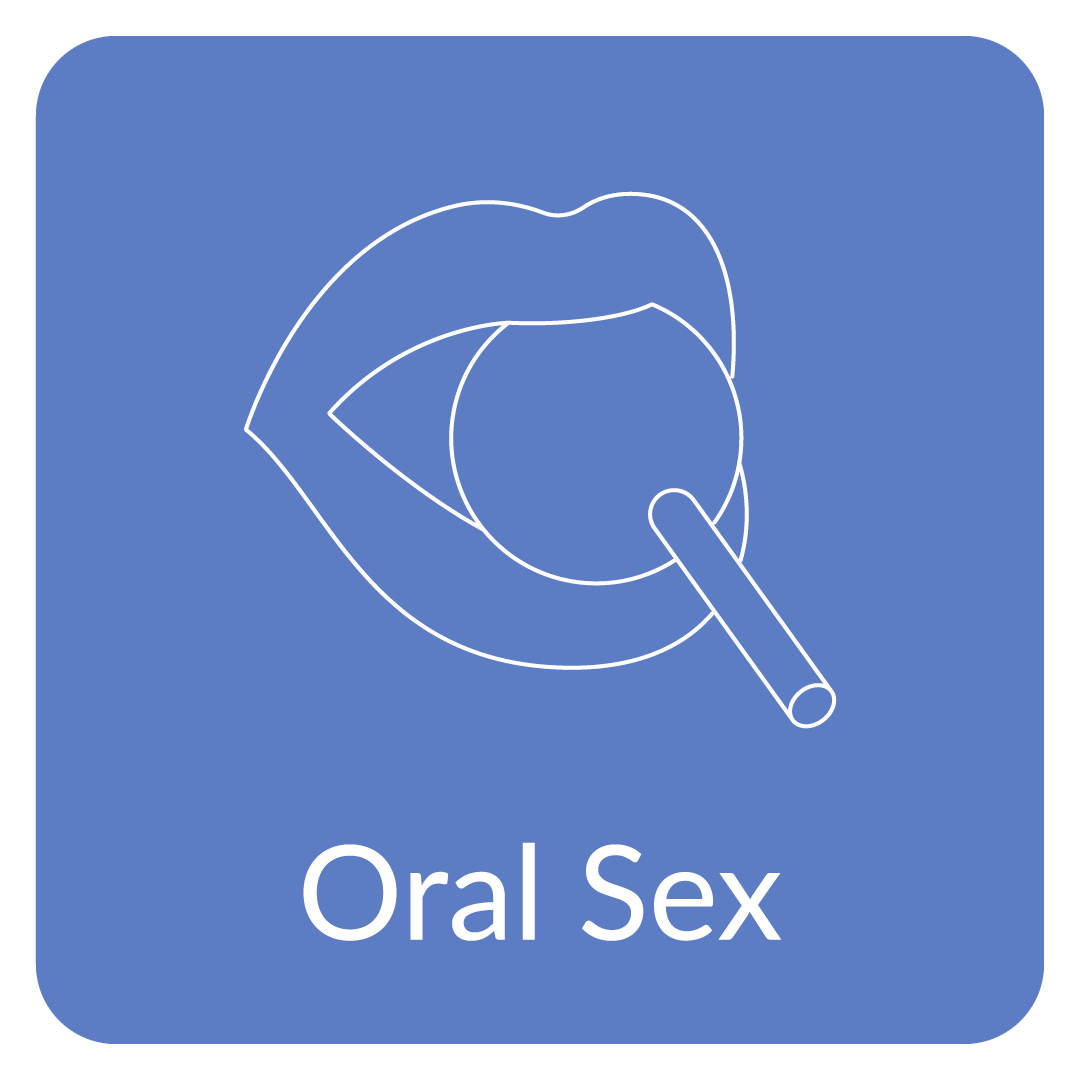 |
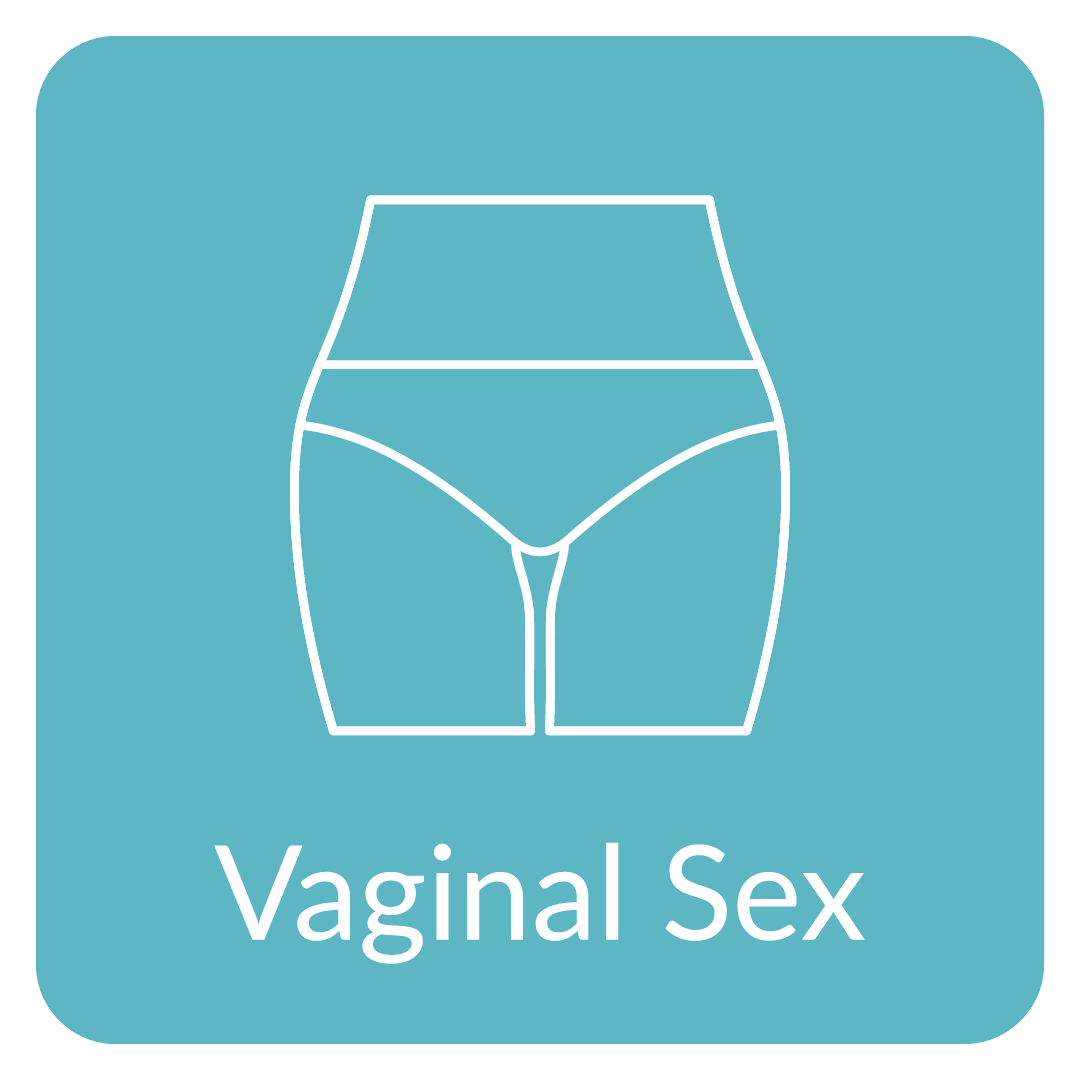 |
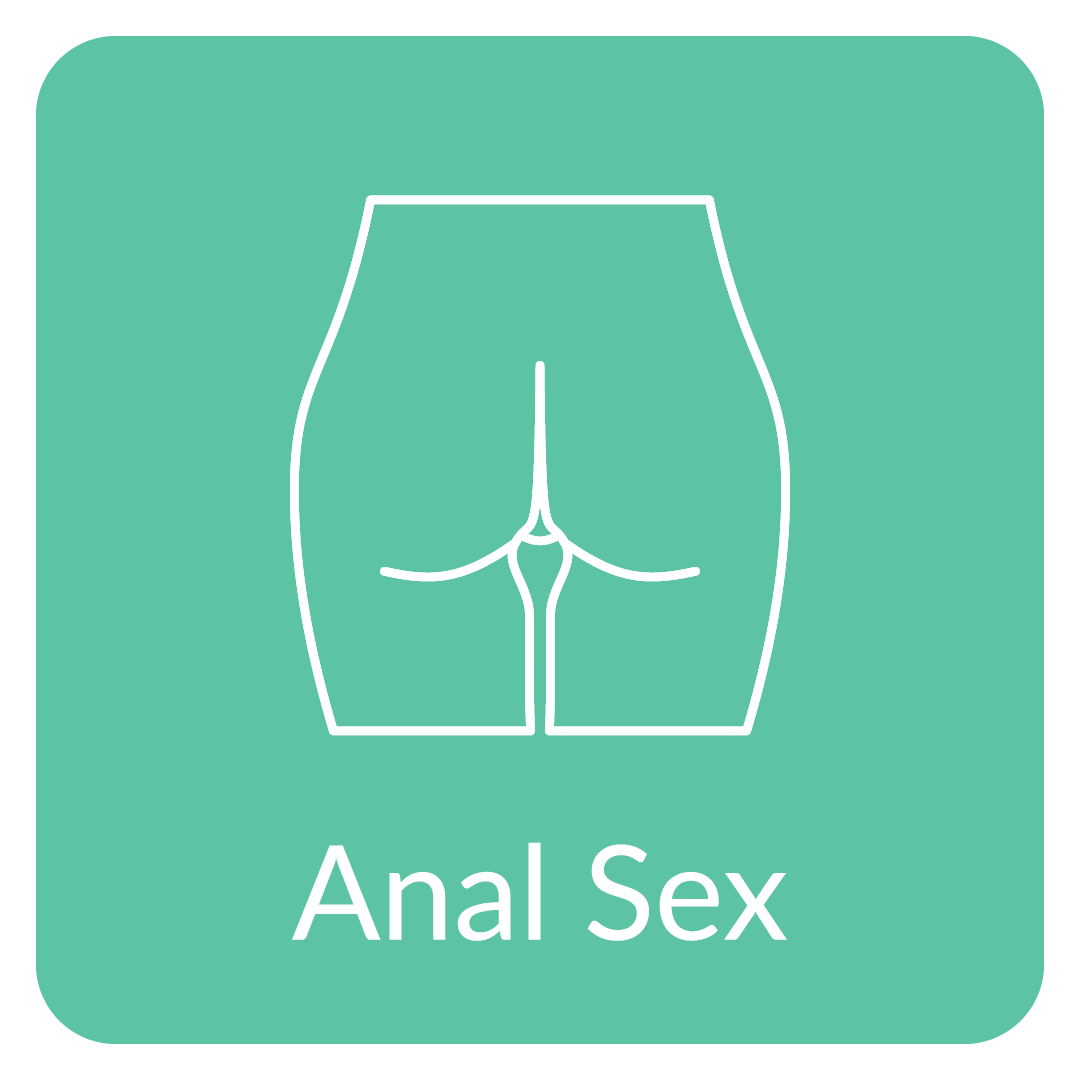 |
Get these tests:
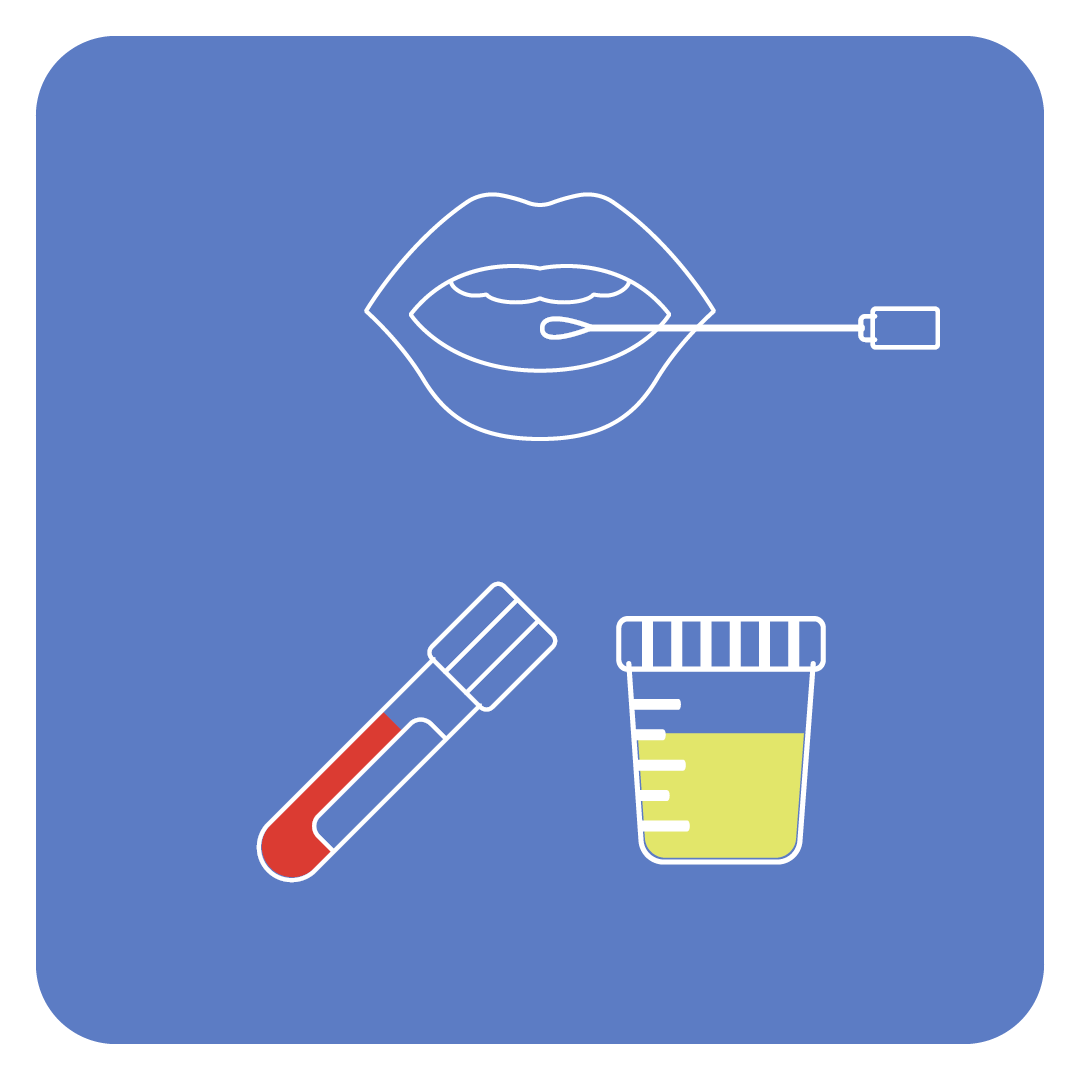 |
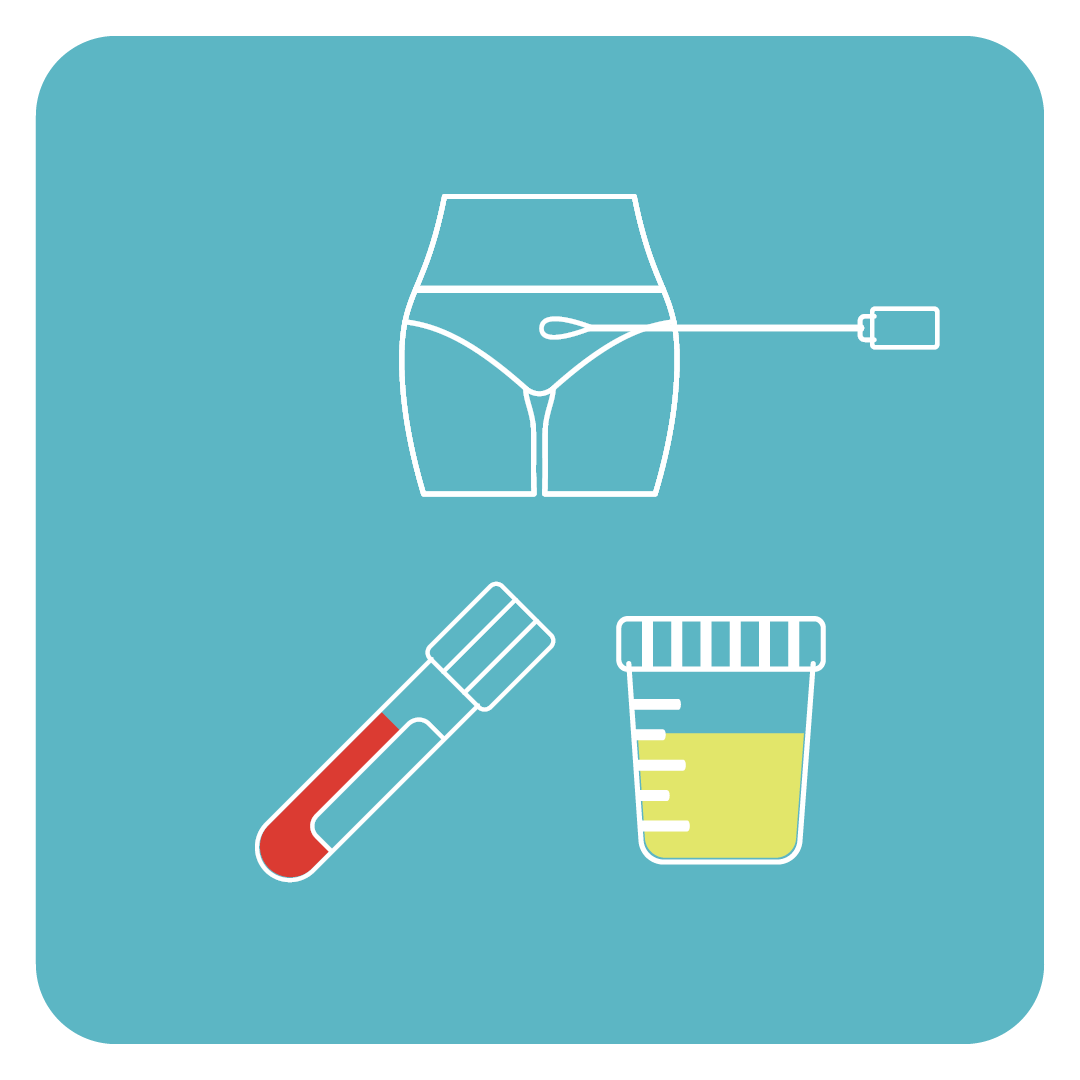 |
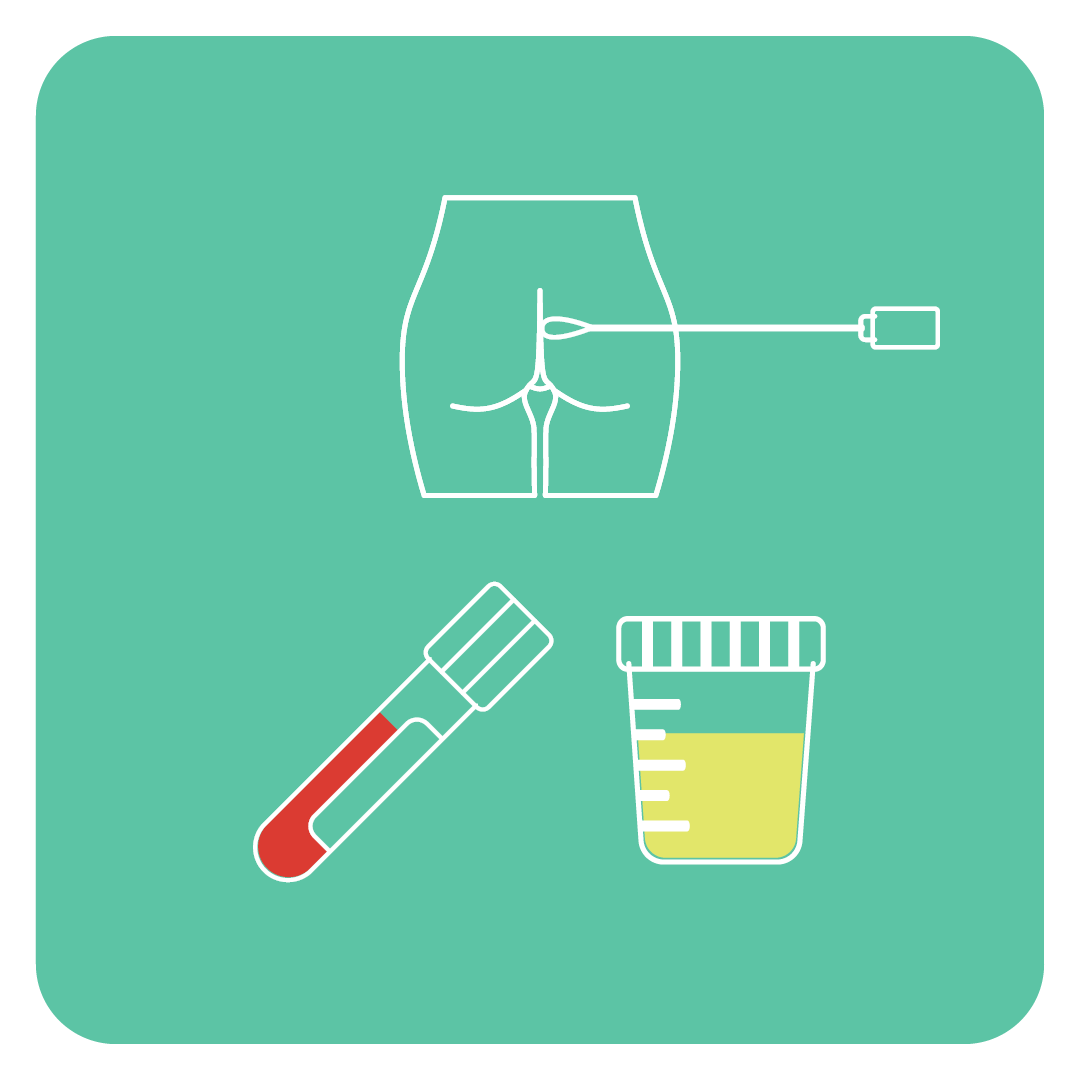 |
Online Webinar
The WAAC Health Promotion team hosted a professional development webinar about gonorrhoea and young people for healthcare providers across WA. Watch the recording here.
